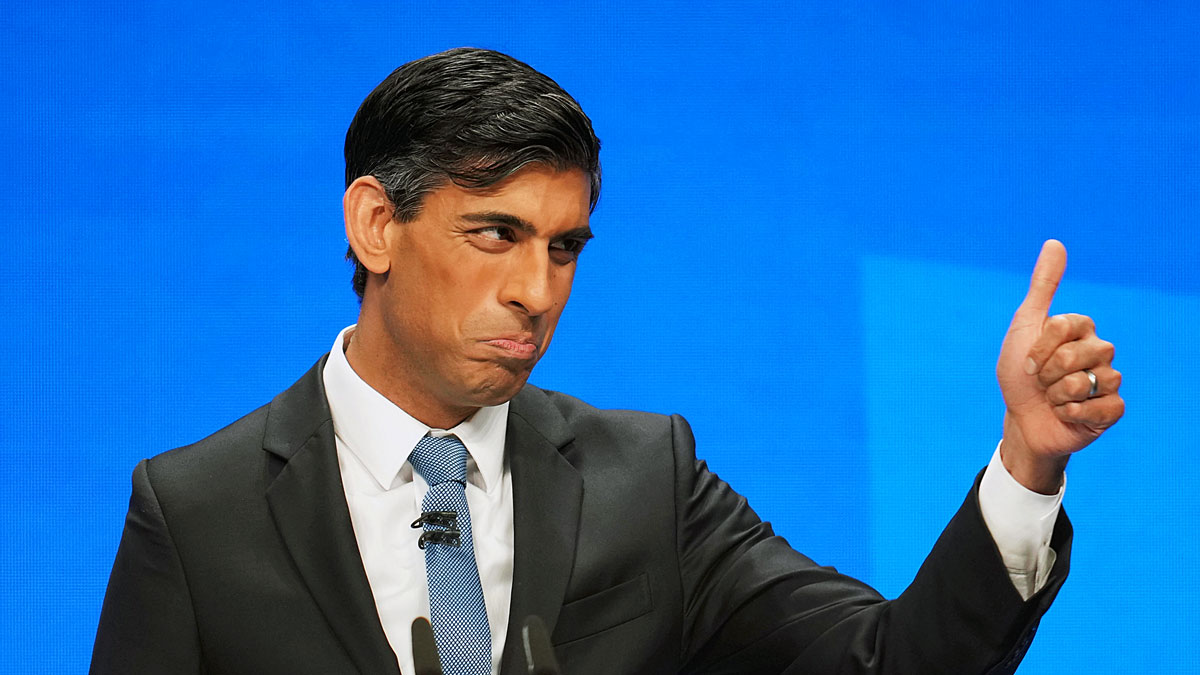After the hasty departure of former prime minister Liz Truss, the UK’s position as a crypto-friendly nation suddenly came under threat. But now that Rishi Sunak, only half-jokingly described in the media as a “crypto-bro”, has taken over, the new PM has reignited the hopes of advocates who wanted to turn Britain into a global “crypto hub”.
Sunak will now purportedly attempt to fulfil the promises he laid out as chancellor back in April this year. These include introducing a “financial market infrastructure sandbox,” establishing a “Cryptoasset Engagement Group,” and enabling stablecoins — digital tokens equalling one unit of fiat currency — to be used “as a recognised form of payment.” The end goal of all this would be to uphold Britain’s status as the global leader in financial innovation.
The UK has a history of being a pioneer in this field. In the mid-1950s, a British bank called Midland created one of the first “Eurodollar” trades, a form of financial arbitrage that sought to profit from sending US dollars overseas to bypass regulators. Midland used Eurodollars to dodge the UK government’s capital controls on the pound, but this eventually morphed into a shadow currency system that facilitated most global finance and trade. Crypto is simply a modern-day iteration of “regulatory arbitrage”, though it will never reach the level of utility the mighty Eurodollar possesses today.
And most likely neither will “Britcoin,” the unofficial moniker for the UK’s proposed central bank digital currency (CBDC). Since searches worldwide for “CBDC” have skyrocketed to over eight times the average volume since last month, it’s likely Sunak’s favourable position on CBDCs will come under increased scrutiny over the next few weeks. Central bank digital currencies tend to be thrown into the same basket as cryptocurrencies, even though they possess no concrete association whatsoever. Having released research stating that the two are distinct, the UK government agrees. It does not appear to be using any crypto-related technologies to construct Britcoin.
That is also if Britain ever decides to start building it. As with crypto narratives such as Web3, the UK’s end goal of building and implementing a CBDC remains vague and unclear. In fact, efforts to arrive at a precise use for CBDCs from other developed nations have ended with press releases stating they are “investigating”, “looking at what it might mean” or issuing a recommendation to conduct more research.
Other than a way to implement absent payments infrastructure — like Jamaica’s CBDC will accomplish — there’s no concrete benefit to deploying a central bank digital currency in developed nations, especially ones like the UK that already possess world-class infrastructure.
This raises an important question: after much indecision, why is a stable(ish) democracy such as Britain pursuing a CBDC? The fact that China remains the only country to implement a fully-fledged CBDC — codename “DC/EP” — suggests that the only “innovative” uses for CBDCs could be to help autocracies limit privacy and freedoms. As soon as UK citizens realise this, Rishi Sunak’s positive stance on CBDCs may come back to bite him.










Join the discussion
Join like minded readers that support our journalism by becoming a paid subscriber
To join the discussion in the comments, become a paid subscriber.
Join like minded readers that support our journalism, read unlimited articles and enjoy other subscriber-only benefits.
Subscribe